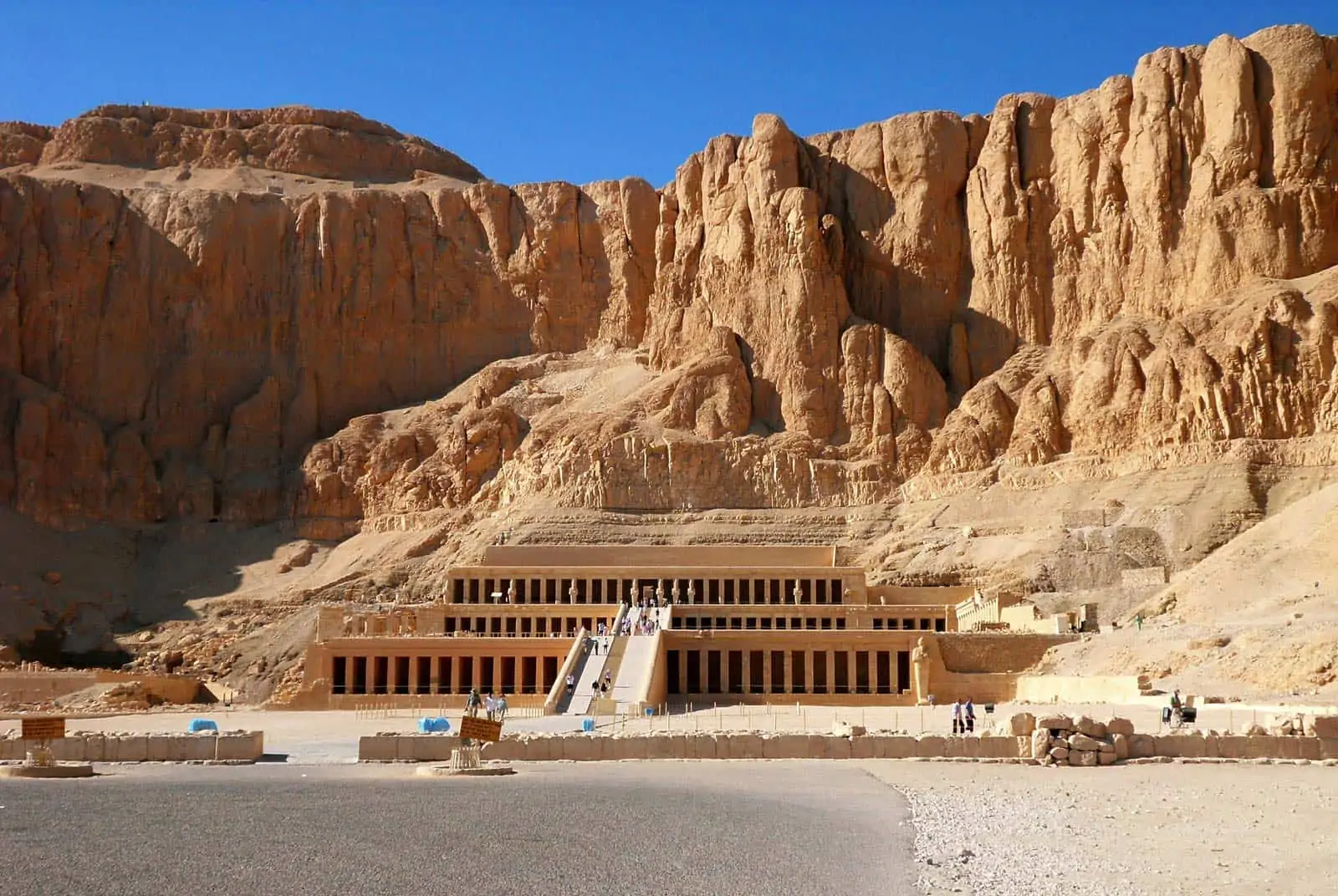This Week’s Guest: Joshua Berman
To understand the inner life of the biblical world, one must look to Egypt.
In the Hebrew Bible, it plays a role in the psyche of the Jews as the great other, the great alternative. Thus, when the Land of Israel suffers from famine, Egypt is a land of plenty. While the Land of Israel is subject to the limits and vicissitudes of nature, the Egyptian regime is dedicated to conquering nature and overcoming its cycles of plenty and poverty. And where the Land of Israel is full of shepherds wandering in the wilderness encountering God, Egypt, by contrast, is a teeming, tight, narrow imperial capital.
It’s in Egypt, that the children of Israel begin to assume a national identity (or, at least the Egyptians think they do). Once freed from Egyptian bondage, they are haunted by memories of Egypt. And as they build their own nation in Israel, they become the anti-Egypt—in moral sensibility, in legal and constitutional structures, in theology.
This week, the podcast is joined by Joshua Berman, a rabbi, academic Bible scholar, and the author of several books, including, most recently, Ani Maamin, about biblical criticism, historical truth, and faith. Over the last year, Berman has been leading groups on an Exodus in reverse—on tours back to Egypt to discover that country’s biblical sites. Together with Mosaic’s editor Jonathan Silver, he talks about his journeys and reflects on how his engagement with Egypt has deepened his understanding of the formative texts of the Jewish people.
Musical selections in this podcast are drawn from the Quintet for Clarinet and Strings, op. 31a, composed by Paul Ben-Haim and performed by the ARC Ensemble.
More about: Archaeology, Egypt, Egyptology, Exodus, History & Ideas, Religion & Holidays







